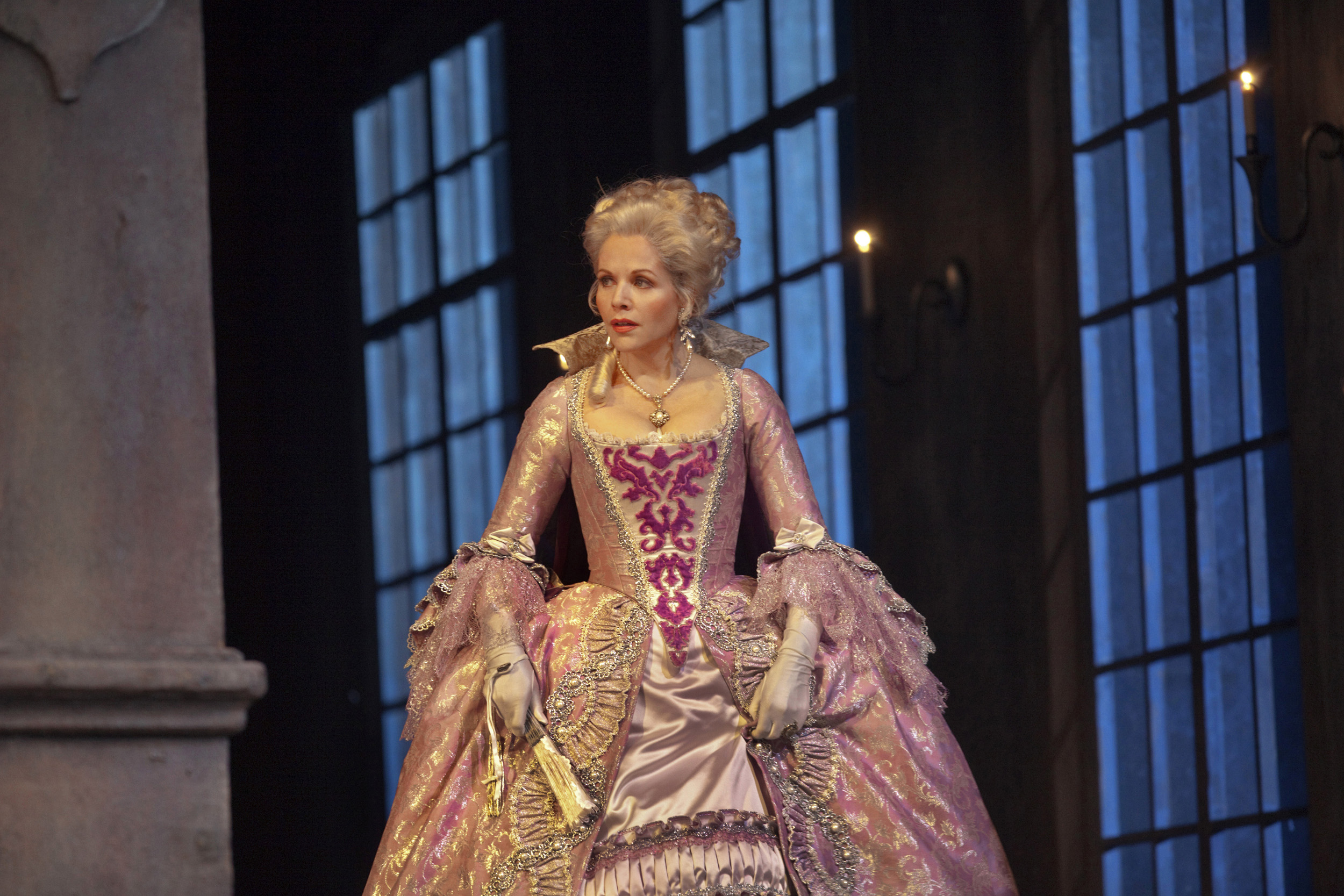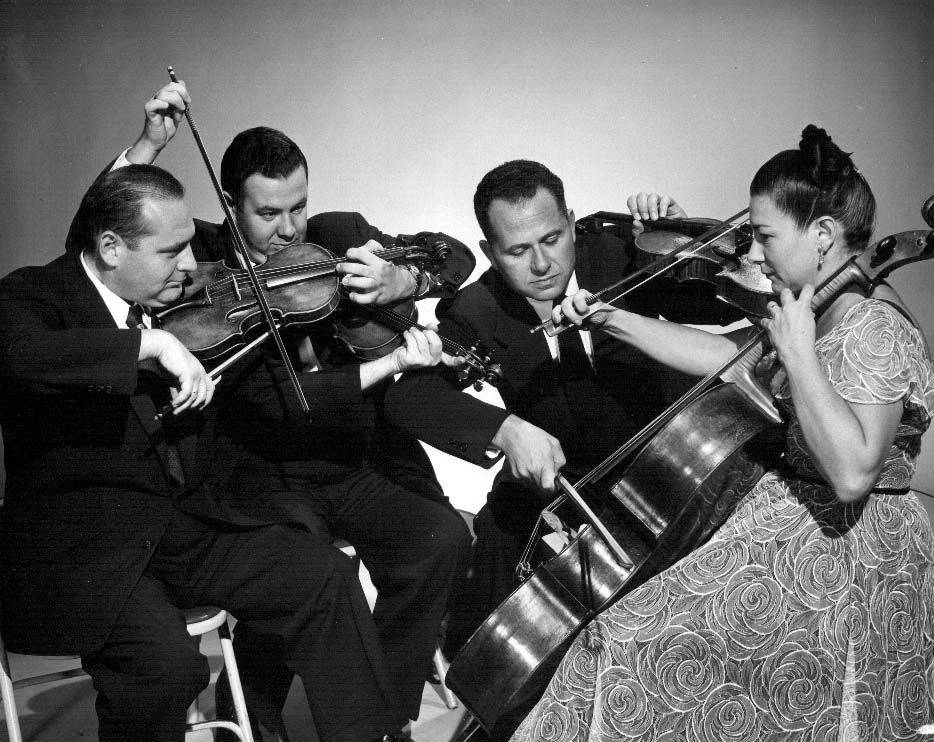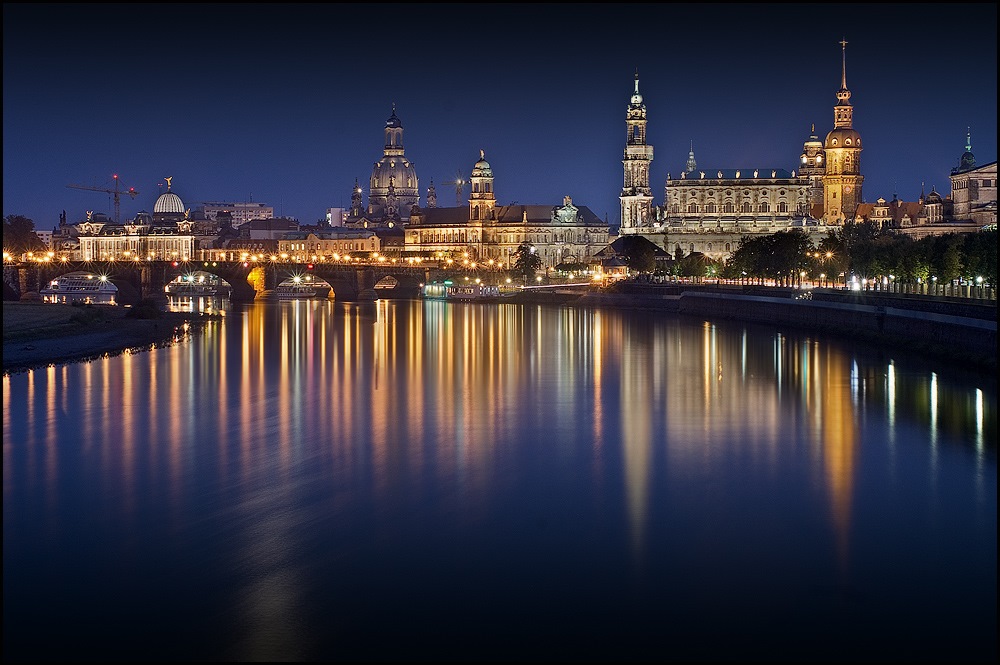New Release: Arcadi Volodos Plays Brahms
Johannes Brahms’ three Op. 117 Intermezzos are a mix of serene, autumnal beauty, solitary introspection, and underlying sadness. Brahms wrote these solo piano works in the summer of 1892 with his longtime friend, Clara Schumann in mind. He described them as “lullabies of my sorrow.” The score is inscribed by a quotation from a Scottish poem from Johann Gottfried Herder’s Volkslieder: Sleep softly my child, sleep softly and well ! It hurts my heart to see …







